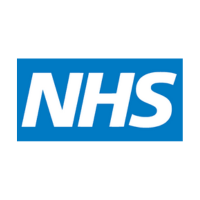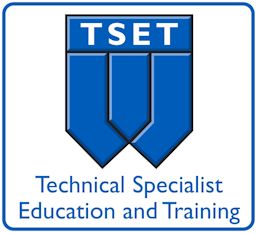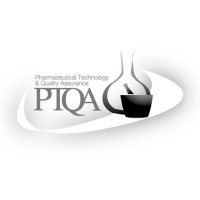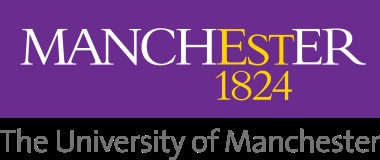Pharmaceutical Medical Gas Testing
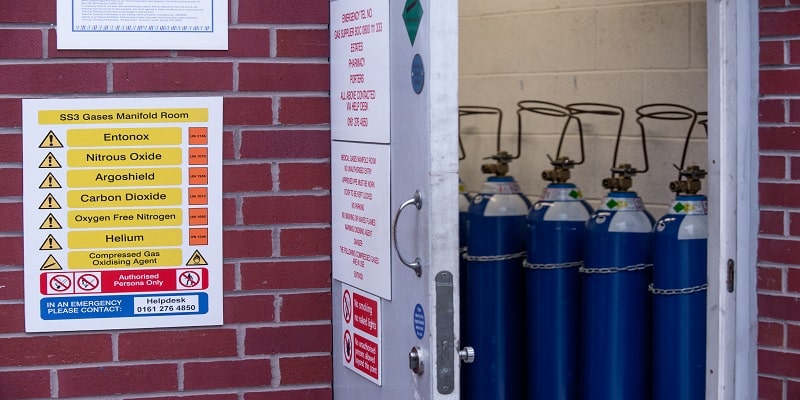
- Start date: 15 June 2026
- End date: 19 June 2026
- Duration: Five days
- Fees: £1650 VAT Exempt
- Venue: Midland Medical Services, Tipton, DY4 7TR
enquire book now
About the course
The Pharmaceutical Medical Gas Testing course has been developed by NHS TSET (the Technical Specialist Education and Training group) and is facilitated by the University of Leeds.
For more information about TSET, visit their website.
What will I learn?
This is a five-day CPD course which will be delivered with presentations, group discussions and practical sessions illustrating the principles of pharmaceutical medical gas testing. There will be an assessment at the end of the course.
How will I benefit?
You’ll benefit from:
-
practical testing with a range of different equipment
-
being able to troubleshoot and assess defective systems
-
experienced tutors offering active assistance
On completion of this course, you will be able to:
-
demonstrate a knowledge of relevant HTM 02 and Permit to Work relating to medical gases
-
demonstrate a knowledge of health and safety relating to medical gases
-
demonstrate a knowledge of medical gases production and properties, and the application of GMP to medical gas production
-
demonstrate a knowledge of uses and clinical risks associated with medical gases
-
make critical assessment on health and safety issues such as OES, MEL and STEL
-
identify and resolve problems associated with medical gas systems
-
interpret test results of medical gas systems and take appropriate actions
-
identify and resolve any problems associated with testing equipment document relevant activities and interventions
A short written assessment is undertaken at the end of the course. There will also be a work based practice report to be completed.
Reassessment course
There will be a two day refresher and reassessment course taking place in November 2026 which is specifically designed for those who require the formal assessment of competency under HTM 02-01.
Who should attend?
This course will be suitable for pharmacists and other healthcare professionals with experience and responsibilities for, or an interest in, medical gas testing. It is essential for those who wish to register as QC (MGPS) under the HTM 02-01.
Please note, if you are enquiring/registering specifically to follow through to registration as a medical gas tester you will also need to satisfy the criteria laid out in the HTM i.e. be a graduate who is eligible for membership of the Royal Pharmaceutical Society (RPS), the Royal Society of Chemistry (RSC) or the Royal Society of Biology (RSB).
Reassessment course
There will be a two day refresher and reassessment course taking place 12 – 13 November 2026 which is specifically designed for those who require the formal assessment of competency under HTM 02-01.
Programme
Day one
Registration: 9:00 – 9:15
-
Course introduction
-
Introduction to medical gases and their uses
-
Introduction to HTM 02-01 (2006) – key principles and its application in practice
-
Key MGPS features; oxygen VIE and PCC; medical and surgical air plant; vacuum and AGSS plant, manifolds
-
MGPS features continued; valves, LVAs and AVSUs; central and local alarms; pendants and beams, terminal units and NISTs
-
Show and tell – key component basics;
-
Manufacture of medical gases and the role of the QP and VIE
-
Medical air compressors
-
Manifolds, valves and regulators
-
Day two
-
The Basic Tool Kit (and demonstration)
-
Aspects of MGPS engineering (part 1): Configuration
-
Aspects of MGPS engineering (part 2): Installation
-
Aspects of MGPS engineering (part 3): Tests
-
Gas safety in relation to MGPS and cylinders
-
Role of QC MGPS in relation to HTM 02-01 (including workshop on where and what to test)
-
Workshop sessions;
-
Terminal units function, identity and operational problems
-
AVSUs, LVA’s, back feed kits and alarms operation and faults
-
Terminal unit identity and design
-
Day three
-
Introduction to ‘permit to work’ system and B forms
-
Workshop ‘permit to work’ system
-
Introduction to pharmaceutical testing of gases
-
Workshop sessions;
-
Oxygen, identity and purity methods
-
Nitrous oxide / Entonox, identity and purity methods
-
Tertiary and backup supplies; connections and issues
-
Demonstration of pipe jointing
-
Day four
-
Moisture in medical gas systems
-
Instrument calibration and calibration gases
-
Calibration of Instruments – demonstration/workshop
-
Common problems that occur with equipment
-
Problem solving workshops;
-
Testing manifolds – practical consideration and practice
-
Bedhead tests – Mock-up TU practice, considerations & common issues + use of Servomex®
-
AVSU’s, Pendant issues and testing – Practical considerations and practice
-
Day five
-
Oxygen conservation and related matters
-
Novice QC (MGPS) – pressures of the job
-
MGPS line pressure; why is it useful for the QC to know, examples of problems identified, includes problems found with vacuum line pressure ID
-
Introduction to assessment
-
Written assessment
-
Summary, Round-up, feedback on assessment test and what happens next; includes work-based practice preparing for registration
-
Question and answer session
End of course: 14:00*
*Please plan your travel to attend the full course, ensuring you stay through to the end to capture key takeaways and maximise your learning experience.
Speakers
Course Director
Theresa Hughes, QC (MGPS), MGTS Limited
Speakers and demonstrators
Keith Butler, Alpha Moisture Systems
Adrian Fairbrother, QC (MGPS)
Philip Harman, East Suffolk and North Essex NHS Foundation Trust
Richard Maycock, Medical Engineering Systems Limited
Tim Roscoe, Medical Gas Testing Services Limited
Tim Sizer, Director of NHS TSET Healthcare CPD
Richard Skidmore, Head of Pharmacy Quality, Mid and South Essex NHS Foundation Trust
Andrew Sully, QC (MGPS) Cardiff & Vale NHS Trust
Richard Sutherland, QC (MGPS), MGTS Limited
Fee information
Course fee: £1650 VAT Exempt
Fees include:
-
cost of tuition
-
electronic course materials
-
lunches
-
light refreshments
-
course dinner on Tuesday evening
View our terms and conditions
Venue details
The course will be held at Midland Medical Services Ltd, Unit 8, Cleton Street Business Park, Cleton Street, Tipton, West Midlands, DY4 7TR. Directions to the venue will be included within the delegate joining instructions.
Please note, there are metal steps up to the training room at this venue (no lift access). Please let us know if you have any access requirements you would like us to be aware of.
Delegates are responsible for making their own way to the course venue each day and for booking their own accommodation if required. See the accommodation tab to request a list of nearby hotels.
Travel
International delegates travelling to the UK may need to apply for an Electronic Travel Authorisation (ETA). Be sure to apply in advance of your travel date. For further details, visit the UK government website.
Accommodation
We can provide a list of hotels close to the course venue for delegates to book their own accommodation. We do recommend that our delegates book their accommodation as soon as possible to ensure the nearby hotels can provide accommodation for the nights required.
What our delegates say
“An excellent course ran by the experts in this field who through presentations and practical workshops provide a solid foundation for the start of the journey to becoming a QC MGPS!”
Matthew Upward, NCIC Cumberland Infirmary
“A comprehensive introduction to the world of medical gases, how they are installed and how they are tested to ensure the safety patients.”
Emily Fong, Nottingham University Hospitals
"This engaging course provides an excellent balance of classroom-based and practical learning. It has provided me with the framework required to confidently start my journey towards registration as a QC (MGPS).”
Olivia Boustead, Bradford Teaching Hospitals NHS Foundation Trust
Contact us
Helen Forsyth – Course Coordinator
CPD Conference and Events Unit
Faculty of Engineering and Physical Sciences
University of Leeds,
Leeds
LS2 9JT
T: +44 (0)113 343 2494
Stay up to date with the latest course news and developments by following the CPD, Conference and Events unit on LinkedIn.
